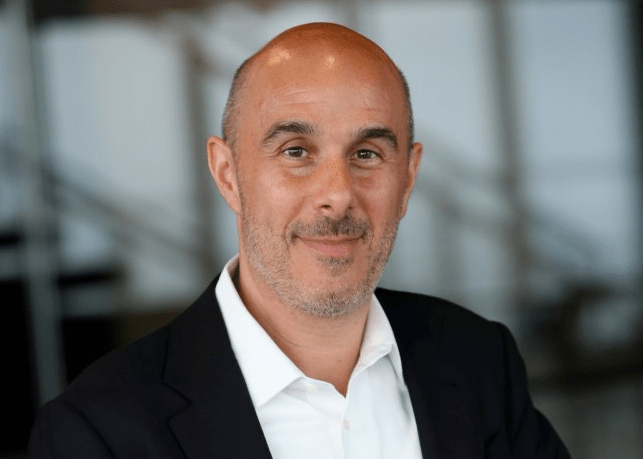We’re living in the time of AI anxiety. A recent Pew survey found that only 10% of Americans are more excited than concerned about the increased use of AI in daily life, while five times that number — 50% — are more concerned than excited, up from 38% in 2022. And there’s good reason to be anxious about AI — it’s changing every aspect of our lives — first and foremost, there are the daily reports of AI-related job cuts.
Though this technology is very new, the human qualities we need to navigate how it’s changing our lives are as old as we are. And there are lessons to be found in other times of turbulence. Psychologist Salvatore Maddi and his colleagues at the University of Chicago studied employees of Illinois Bell Telephone in the 1970s and 1980s, a time when the phone industry was being deregulated. The company was downsized 50% in one year in what was considered the largest upheaval in corporate history. Here’s how the researchers described what happened: “Two-thirds of our sample broke down in various ways. Some had heart attacks or suffered depressive and anxiety disorders. Others abused alcohol and drugs, were separated and divorced, or acted out violently. In contrast, a third of our employee sample was resilient. These employees survived and thrived despite the stressful changes. If these individuals stayed, they rose to the top of the heap. If they left, they either started companies of their own or took strategically important employment in other companies.”
What the researchers found is that those who were able to successfully navigate the transition used, as they put it, the “three C attitudes.” First, there was commitment: deciding to join in and try to be a part of the solution. Next was control: fighting to maintain a sense of resolve as opposed to resignation. And last was a challenge: finding ways to use the crisis to strengthen themselves, to build resilience and grow.
The most important thing to remember about resilience is that, though our need for it is endless, so is our capacity for it. It’s not a finite resource, or a fixed quality that we’re either born with or not.
In 1989, Emmy Werner, a researcher at the University of California, Davis, published a longitudinal study that had followed high-risk children for 32 years. She found that the resilient children, even as toddlers, “tended to meet the world already on their own terms,” and had an “internal locus of control.”
What she also found was that resilience fluctuated. As summarized by Maria Konnikova in The New Yorker, “some people who weren’t resilient when they were little somehow learned the skills of resilience. They were able to overcome adversity later in life and went on to flourish as much as those who’d been resilient the whole way through.”
So the power to build resilience is within us; just as we can learn other skills through practice, we can teach ourselves to be more resilient.
And resilience is the human quality we most need to navigate the age of AI. We can’t control what happens in the world, but we can build our resources that help us respond.
We can draw on that last of the three Cs by challenging ourselves to acknowledge that we are works in progress — always learning and always growing. As Yuval Noah Harari, author of Sapiens and Nexus, put it: “We just don’t know what skills people will need in 10 years except for one. We know they will need the skill to readjust and reinvent themselves … It’s learning how to keep learning all your life.”
The opinions expressed in Fortune.com commentary pieces are solely the views of their authors and do not necessarily reflect the opinions and beliefs of Fortune.












